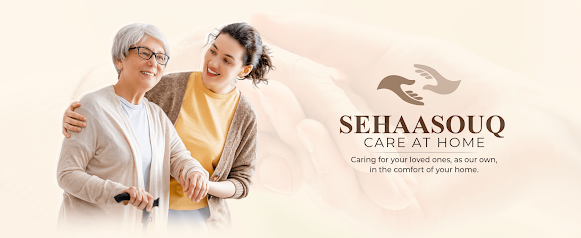Caregiving Impacting Relationships With Family And Friends
Everyone has different expectations for the difficulties that a patient caregiver role may bring, such as managing a loved one's medical needs or transporting them to appointments and day services.
However, caregivers face social consequences as well. Dealing with changes in relationship dynamics, such as sibling tensions in a caregiving setting, or adjusting expectations for family gatherings during the holidays are a few examples of how caregiving extends beyond assisting a loved one with health and wellness at home.
Lack of understanding
One of the most frustrating aspects of being a caregiver at home is dealing with reactions from family and friends who don't understand the day-to-day reality of what you and your loved one need to do. These could include:
●
Criticism
of elderly caretaker- This is when
others tell you what you "should" be doing for your loved one despite
the fact that you have no idea what they require or what is realistically
possible for you. Some feedback may be well-intended, and the person you're
speaking with will appreciate it if you help them understand the reality of
what you do on a daily basis.
●
You have
unrealistic expectations of your loved one. When your loved one is unable to
participate in the activities you used to enjoy, this person may be
disappointed and even blame you. They may misinterpret your loved one's
limitations, believe you are withdrawing on purpose, or simply are not
"putting in the effort" to help them participate in social events or
other activities.
● You're expecting too much from your loved one. This person may exclude your loved one, and thus you, from gatherings and events because they believe they will be unable to participate at all. They may believe that your loved one is embarrassed about their condition and wishes to conceal it from others. They may feel uneasy and unsure how to act around the person you're caring for and may try to avoid them.
One of the most heartbreaking changes that occurs after becoming a health care provider is being excluded from events and traditions. Caring for a loved one is difficult enough on its own, but feeling isolated from others adds to the stress that can lead to caregiver burnout.
Some people may be unwilling or incapable of comprehending your situation. This could be a family member who was very present in your life before you became a caregiver. It's just as important to know when to cut ties as it is to keep the people who respond to your situation with empathy and understanding.
Book your loved one as a caregiver in Dubai from Sehaasouq.





Comments
Post a Comment